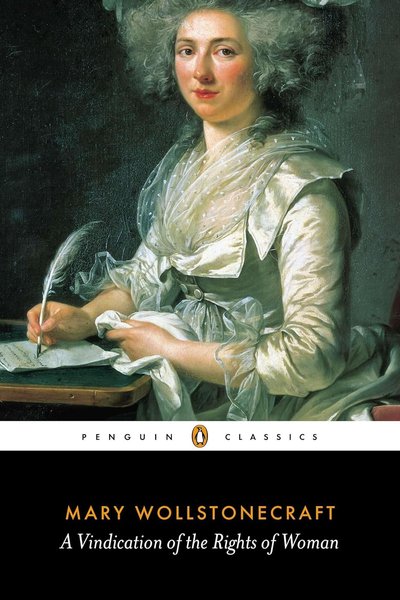A Vindication of the Rights of Woman
A groundbreaking work in the history of feminist thought, one of the first to systematically advocate for women's rights and educational equality.

📝 Book Review
“A Vindication of the Rights of Woman” is a groundbreaking work published in 1792 by British writer Mary Wollstonecraft, considered the founding text of Western feminist thought. This work holds epochal significance in the history of feminist ideas, being the first to systematically and rationally provide comprehensive advocacy for women’s rights.
Wollstonecraft’s core argument is built upon a revolutionary premise: women’s supposed “weaknesses” are not innate physiological defects, but rather the result of inadequate education and unfavorable social environments. Using Enlightenment rationalist logic, she powerfully refutes the prejudices and discrimination against women’s intelligence that were prevalent in her time. In her view, if women could receive educational opportunities equal to those of men, they would be fully capable of matching men in intelligence and ability. This strong appeal for educational equality not only challenged the social conventions of the time but also laid an important theoretical foundation for women’s educational reforms in the centuries that followed.
More importantly, Wollstonecraft emphasized that women possess rational capabilities completely equal to those of men—a view that was extremely radical at the time. She believed that reason is a universal human attribute that should not differ based on gender. Based on this concept, she further proposed that women should have the right to economic independence. In her vision, women should not rely solely on marriage for survival security, but should achieve economic autonomy through their own work and career choices. This advocacy for women’s economic independence remains an important issue in feminist movements centuries later.
The historical context in which this book was born is equally worthy of reflection. During the French Revolution, all of Europe was discussing ideas of human rights, freedom, and equality. Wollstonecraft keenly realized that if these Enlightenment ideals were truly universal, they should not apply only to men, but should equally apply to women. She cleverly extended the progressive thought of her era to the field of women’s rights, pioneering an entirely new intellectual tradition.
The profound influence of “A Vindication of the Rights of Woman” can still be felt today. It directly influenced the vigorous women’s suffrage movement of the 19th century, providing theoretical weapons for countless women fighting for political rights. At the same time, it provided a solid theoretical foundation for later women’s educational reforms, making educational equality an undeniable social issue. Even great thinkers like John Stuart Mill drew deep insights about women’s rights from Wollstonecraft’s work.
Although this book was written more than 230 years ago, many of its viewpoints still hold strong contemporary relevance. In a world where women’s right to education is still not fully guaranteed in many regions, Wollstonecraft’s ideals continue to shine, reminding us that gender equality remains a goal requiring continuous effort. Her thought is not only a precious heritage of history, but also an indispensable spiritual resource for contemporary feminist movements.
Discussion
读书讨论
分享您对这本书的感想和看法,与其他读者交流见解
加入讨论
分享您对这本书的感想和看法,与其他读者交流见解
加载评论中...
Book Info
Related Topics
🛒 Get This Book
 Buy on Amazon
Buy on Amazon Related Books
读书讨论
分享您对这本书的感想和看法,与其他读者交流见解
加入讨论
分享您对这本书的感想和看法,与其他读者交流见解
加载评论中...
